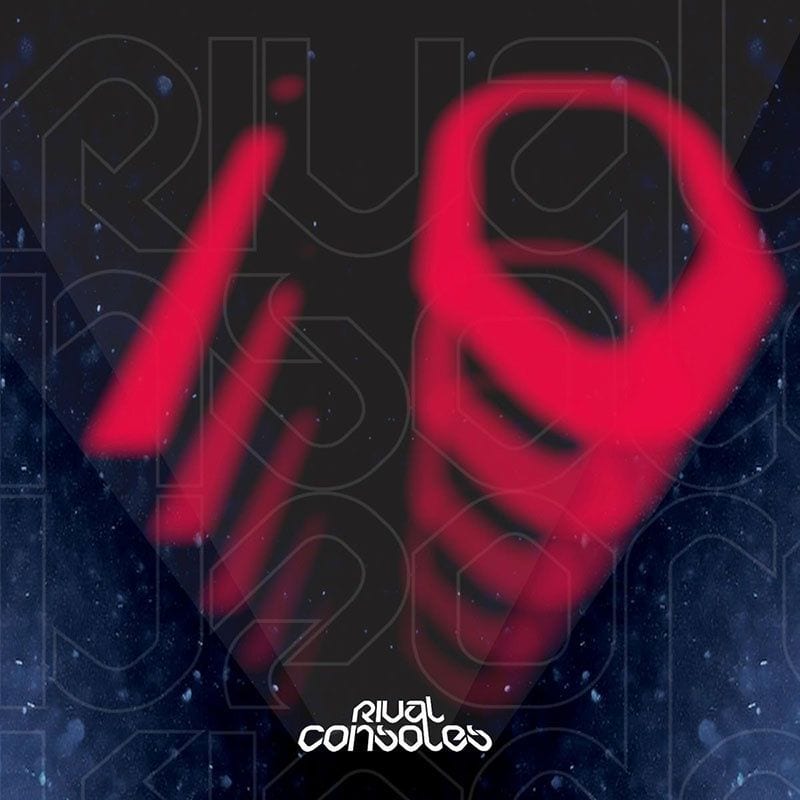
The background gets a bad rap, really. If an album is considered “background music”, that tends to mean that it’s simply not interesting enough to be paid any attention; unoffensive perhaps, but never extraordinary. The background of a movie scene is typically for setting a mood rather than telling a story. The background of a piece of music supports the fore, but never overtakes it.
At least, that’s usually the case.
Rival Consoles is the work of one man, Ryan Lee West, and his latest album IO sounds like some typical acid work thanks to the copious sequencer use throughout the album. The beat at the beginning of a given track is going to sound exactly like the beat at the end of the same track, the sequencers squelch and splurt in all the right places, and nobody with any semblance of rhythm is going to have any trouble dancing to these tracks. Still, the sequencer work is largely unspectacular, and it’ll never set Mr. West apart from any of the other electronic artists out there putting out higher energy acid music for larger audiences.
To see the beauty of Rival Consoles is to look into the background of IO. This is where the synths reside, this is where the hidden melodies play counterpoint with the sequencers to create something truly worth listening to, something to reward bedroom listening over dancefloor listening. While tracks like “Milo”, “IO”, and particularly the straight bangin’ and delightful “1985” intro the sequencers and the dance beats wonderfully, it’s not until “Func” that the listening experience really takes off. It begins with the basic boom-chk boom-chk beat and a little bit of 303 noodling, but ever so slowly there’s this ghost of a synth chord that starts fading its way in. And then there’s another, and another, and the mood of the song just completely changes. Nothing has changed other than the introduction of this spectral, almost hollow bit of synth work, and yet the minor-key chord progression indicates a darkness that the album hasn’t seen to this point.
From there, things only pick up. “Electorate” comes closest to putting the background in the foreground, with what sound like some backward-masked, heavily treated horn sounds (at least, that’s what I’m making them out to be — they could be anything, really) being the most distinctive part of its recipe. “XPR VR” starts out sounding like an Underworld track thanks to the alternation of more ghostly synth pad chords that don’t really make sense with each other, but still sound good together. “Agenda” augments its frenetically-paced sequencer workout with bonus percussion hits toward the end that add to the crazily multilayered feel of the song.
Running through the entirety of the album is a thread of looking to the past, of finding innovation in analog electronics despite the digital recording. “1985” is an obvious nod to the past, between the title and the Transformers-esque synth work, while “ARP” may well be a hat tipped to a synthesizer that came to prominence before the ’80s even began. Everything in between is punchy, simple, and beat-driven, and whether you’re listening to the beats or the nifty sounds behind them, visions of fluorescent lights and torn jeans are bound to find their way into your consciousness.
It’s certainly not that anything Rival Consoles is doing is particularly innovative, or that there’s anything here worth recommending to anyone other than the biggest fans of electronic music; it’s something new, but not something extraordinary. Still, those who do embark on a listening experience with Rival Consoles will find something to dance to in the foreground, and something to really listen to in the background.
